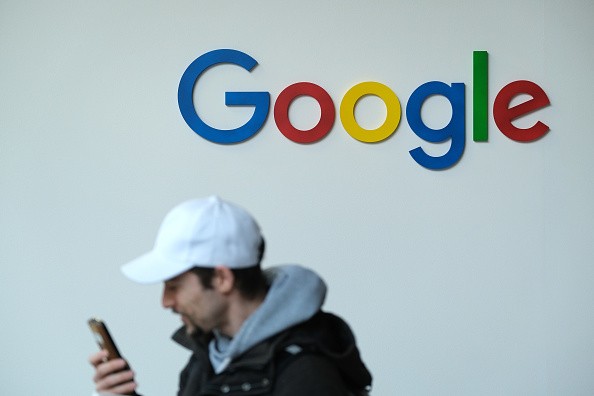Google Play Store reportedly kicked out Android apps that were secretly collecting the data of its users.

Meanwhile, Google also warned app devs that it will be blocking downloads for outdated apps on its online app marketplace.
Google Play Store Kicks Out Apps
As per a news story by CNET, the search engine giant reportedly removed several apps on the Google Play Store, which were found to be spying on its users by secretly collecting their data.
Google announced that it had removed numerous apps on its Play Store last March 25.
The tech giant explained that apps that it has kicked out from its marketplace have been collecting user data beyond the rules and regulations of the Google Play Store.
The search engine giant said in a statement that "all apps on Google Play must comply with our policies, regardless of the developer."

What's more, Google assured the public that once it has ruled out that an app on the Play Store has violated its rules, it will "take appropriate action."
CNET said in its report that Google removed some Muslim prayer apps that were allegedly secretly collecting user data.
On top of that, Google also kicked out a QR-code reading app and a highway-speed trap detection app, among other apps on the Play Store.
Google Play Store to Remove Outdated Apps
Meanwhile, according to a recent report by Tech Crunch, Google has issued a warning to Android app developers, saying that the tech giant would start blocking downloads for outdated apps.
The tech giant said that there would be outdated apps on its app marketplace starting Nov. 1. It will also block downloads and installations for apps that will fail to update to the latest Android releases.

Google further explained to Android app devs that if they fail to stuff their apps with an Android API with the latest major Android version out there, they will be blocked from the Play Store.
In turn, Tech Crunch noted in its news story that Android users who are running the latest devices and mobile OS would no longer download outdated apps on the Play Store once the new rules apply.
This article is owned by Tech Times
Written by Teejay Boris
ⓒ 2025 TECHTIMES.com All rights reserved. Do not reproduce without permission.




